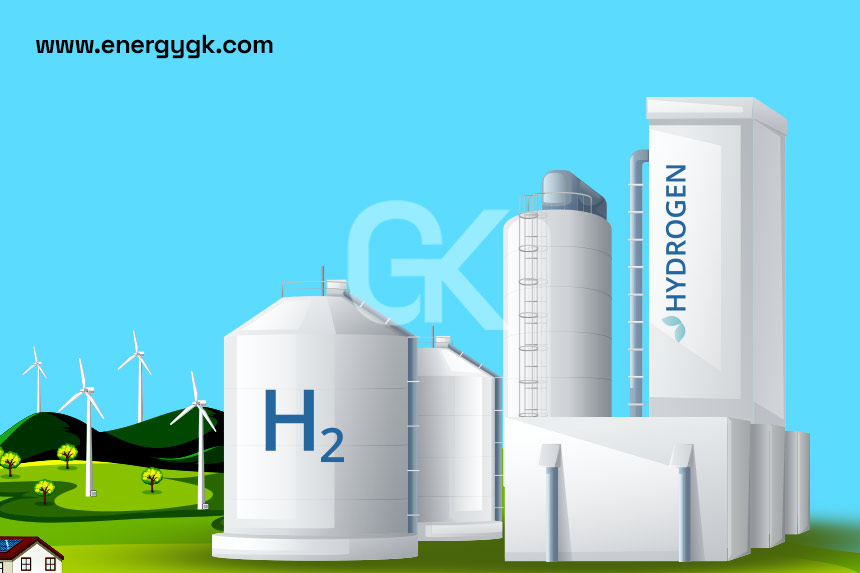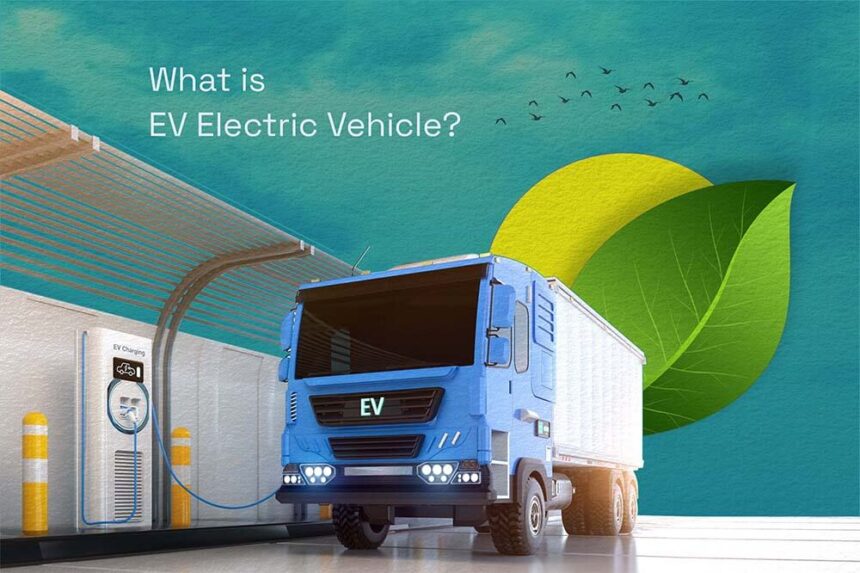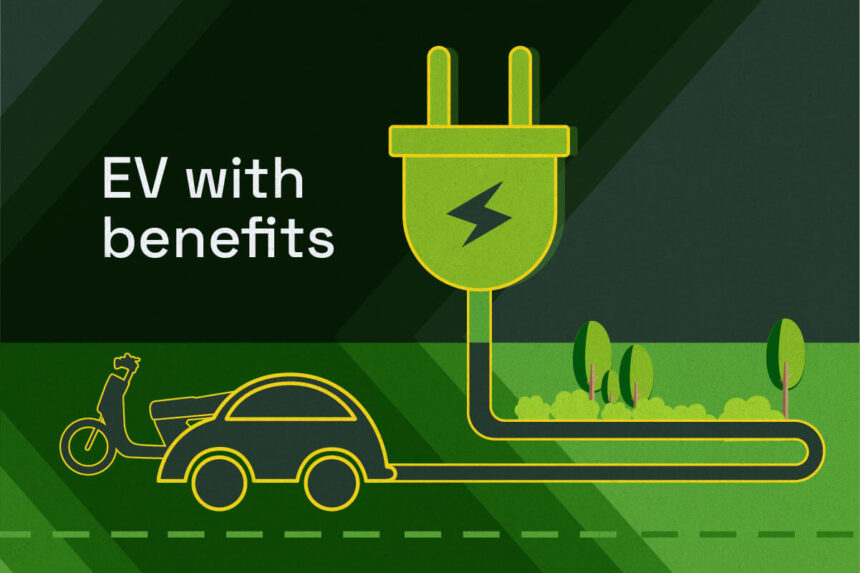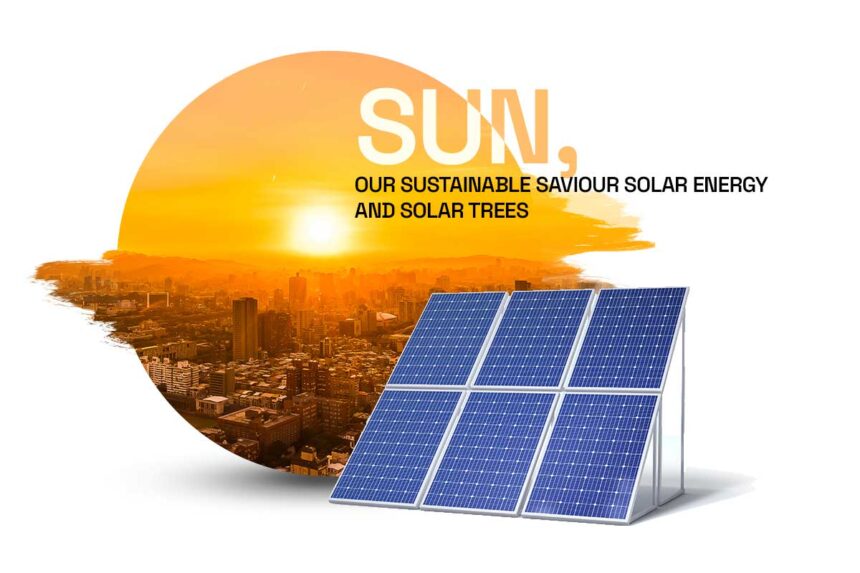A major topic of discussion these days is the place of nuclear energy in the energy mix as the world struggles to meet growing energy demand while cutting carbon emissions. While opponents raise issues with safety cost and environmental impact proponents contend that nuclear power is an essential part of a sustainable energy future. In order to present a fair analysis of the issues surrounding nuclear energys place in the energy landscape going forward this article examines the arguments made by both sides.
Nuclear Powers Argument. minimal emissions of carbon. The minimal carbon footprint of nuclear power is among the strongest justifications for its use. When nuclear power plants are in operation they do not release greenhouse gases like fossil fuels do. For this reason using nuclear energy to combat climate change is essential. Reducing greenhouse gas emissions significantly through nuclear power has proven effective for nations like Sweden and France that are dedicated to cutting back on carbon emissions.
Stable and Dependable Energy Source. One dependable and steady source of energy is nuclear power plants. Nuclear power plants have the ability to continuously produce electricity in contrast to renewable energy sources like solar and wind which are sporadic and weather-dependent. This dependability is essential to keeping the energy grid stable and guaranteeing a steady supply of electricity.
High Density of Energy. When considering fossil fuels nuclear energy has a significantly higher energy density. In comparison to coal or natural gas plants nuclear power plants require less fuel and produce less waste because a small amount of nuclear fuel can produce a large amount of energy. This efficiency is a big plus particularly in areas where energy resources are scarce.
Nuclear Power: The Issues. hazards to safety. One of the main concerns is the safety of nuclear power facilities. The possible dangers of nuclear energy have been brought to light by events like the Fukushima Daiichi accident in 2011 and the Chernobyl disaster in 1986. The possibility of catastrophic accidents cannot be completely eliminated even with the improvements in safety measures found in modern reactor designs.
Expensive Prices. Nuclear power plant construction and maintenance are costly. Compared to renewable energy projects building a nuclear plant requires a substantially larger initial capital investment. The financial burden is further increased by the long-term expenses related to managing radioactive waste and decommissioning outdated facilities. In comparison to less expensive options like solar and wind energy nuclear energy may become less appealing due to these high costs.
Control of Radioactive Waste. Radioactive waste disposal is still a major problem. Radioactive waste from nuclear reactors needs to be properly handled and kept for thousands of years in storage. Its a difficult and expensive task to find long-term secure storage for this garbage. Many communities are deeply concerned about the possible health and environmental risks that come with storing radioactive waste. A Harmonized Blend of Energy is the Middle Ground. A balanced energy mix that incorporates nuclear energy alongside renewable sources like wind solar and hydroelectric power is advocated by many experts due to the advantages and disadvantages of nuclear power. The low carbon emissions and dependability of nuclear power can be combined with the advantages of renewable energy by diversifying the energy portfolio of a nation.
Renewables are complemented. Because it offers a consistent base for the production of electricity nuclear power can be used in conjunction with renewable energy sources. Nuclear power plants are able to guarantee a steady supply of electricity during times when solar and wind power generation are less which helps to stabilize the grid and avoid blackouts. The energy systems overall resilience and dependability may be improved by this synergy. Putting money into cutting-edge technologies. Investing in cutting-edge nuclear technologies like fusion energy and small modular reactors (SMRs) has the potential to alleviate some of the present problems related to nuclear power. In order to make nuclear energy a more appealing and feasible option going forward these technologies seek to increase safety lower costs and minimize waste.
Conclusion.
There are good arguments on both sides of the complex nuclear power debate. Even though nuclear energy has many advantages over other energy sources including reduced carbon emissions and dependable power supplies issues with waste management cost and safety cannot be disregarded. The most effective route to a resilient and sustainable energy future may involve a well-balanced strategy that includes nuclear power as part of a varied energy mix and aggressive investment in renewable energy and cutting-edge nuclear technologies. It is critical that we carefully analyze nuclear powers role in the shift to a low-carbon economy and work toward solutions that best balance the technologys potential advantages and drawbacks.






